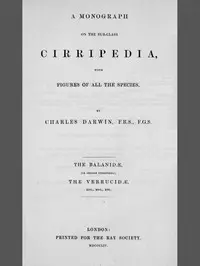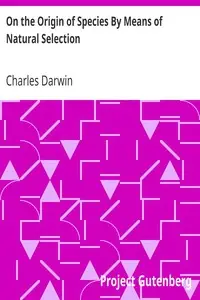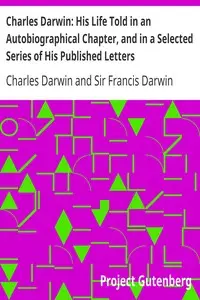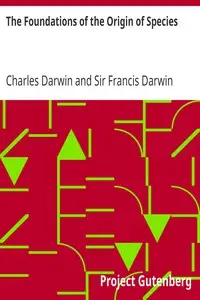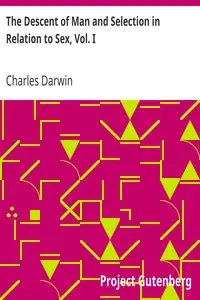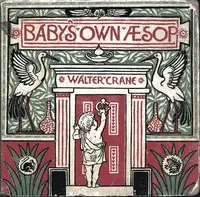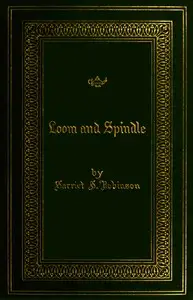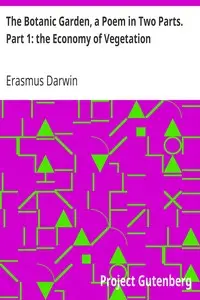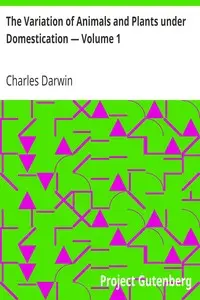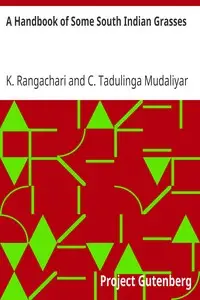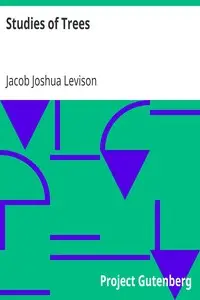"The Effects of Cross & Self-Fertilisation in the Vegetable Kingdom" by Charles Darwin is a scientific publication likely authored in the late 19th century. This work explores the mechanisms and implications of cross-fertilisation and self-fertilisation among plants, presenting experimental results that highlight their effects on the growth, vigor, and offspring characteristics of various species. Darwin aims to provide evidence on how these reproductive processes influence the overall health and adaptability of plant species. At the start of the book, the introductory chapter sets the stage for the experiments that follow, discussing the importance of cross-fertilisation in enhancing plant vitality. Darwin outlines the various techniques and methodologies employed in his experiments, noting the benefits derived from different fertilisation methods. He emphasizes how the structure and timing of flowering organs are crucial in facilitating cross-fertilisation and showcases numerous instances of plants adapted exclusively for this purpose. Through detailed observations, Darwin reveals his hypothesis that cross-fertilisation results in more vigorous offspring than self-fertilisation, laying the groundwork for the extensive data and analysis that follow in subsequent chapters. (This is an automatically generated summary.)
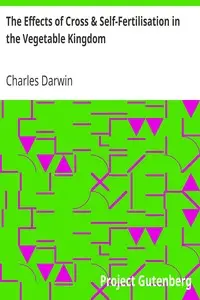
The Effects of Cross & Self-Fertilisation in the Vegetable Kingdom
By Charles Darwin
"The Effects of Cross & Self-Fertilisation in the Vegetable Kingdom" by Charles Darwin is a scientific publication likely authored in the late 19th ce...
Charles Robert Darwin was an English naturalist, geologist, and biologist, widely known for his contributions to evolutionary biology. His proposition that all species of life have descended from a common ancestor is now generally accepted and considered a fundamental scientific concept. In a joint publication with Alfred Russel Wallace, he introduced his scientific theory that this branching pattern of evolution resulted from a process he called natural selection, in which the struggle for existence has a similar effect to the artificial selection involved in selective breeding. Darwin has been described as one of the most influential figures in human history and was honoured by burial in Westminster Abbey.

